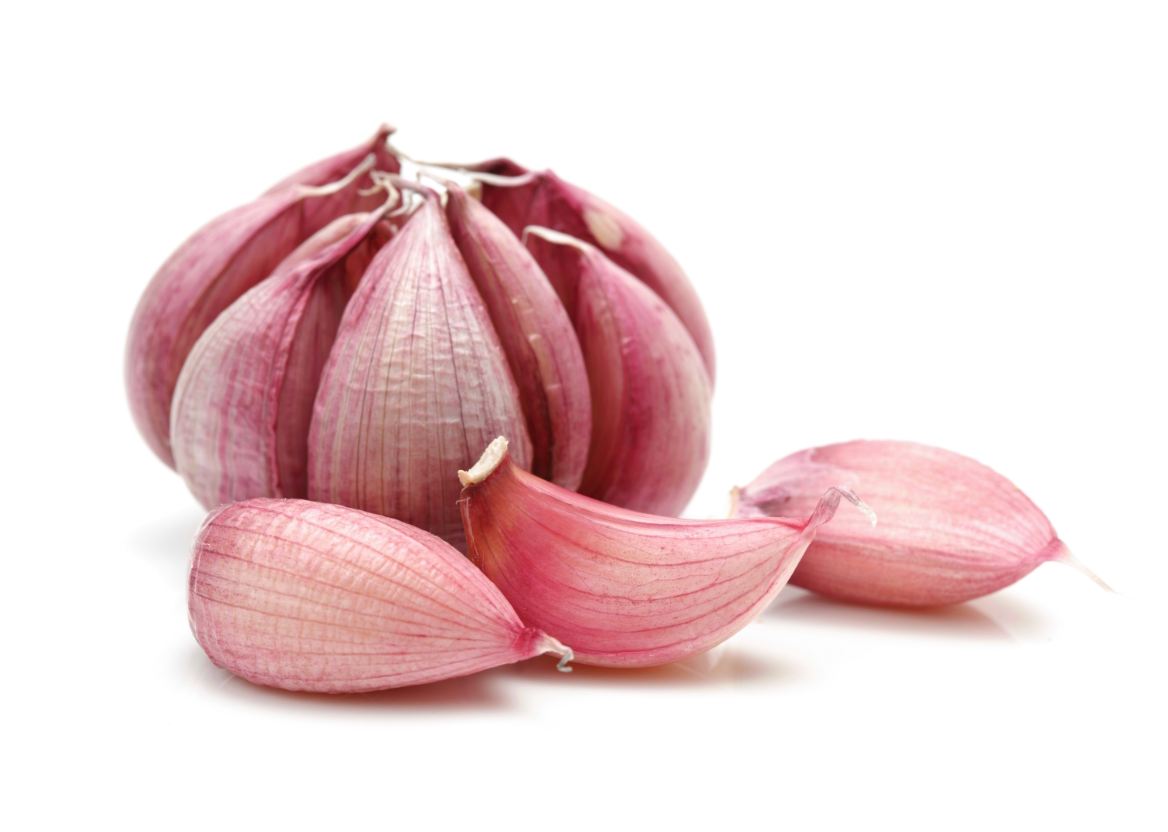Allergy symptoms include itchy eyes and skin, sneezing, nasal congestion, wheezing, and rash. Seasonal allergies result from grass, weed, tree pollen, or molds. Cat and dog dander allergies are common. Food allergies include peanut or milk.
Good allergy treatment is based on your medical history and the severity of your symptoms. It can include three different treatment strategies: avoidance of allergens, medication options and/or immunotherapy (a treatment to train your immune system not to overreact).
Allergy treatments include:
Allergen avoidance.
Your doctor will help you take steps to identify and avoid your allergy triggers. This is generally the most important step in preventing allergic reactions and reducing symptoms.
Medications.
Depending on your allergy, medications can help reduce your immune system reaction and ease symptoms. Your doctor might suggest over-the-counter or prescription medication in the form of pills or liquid, nasal sprays, or eyedrops.
There are several types of medications available to help ease and treat annoying symptoms like congestion and runny nose. These allergy drugs include antihistamines, decongestants, combination drugs, corticosteroids, and others.
Antihistamines.
Antihistamines have been used for years to treat allergy symptoms. They can be taken as pills, liquid, nasal spray, or eye drops. Over-the-counter (OTC) antihistamine eye drops can relieve red itchy eyes, while nasal sprays can be used to treat the symptoms of seasonal or year-round allergies.
Decongestants. Decongestants relieve congestion and are often prescribed along with antihistamines for allergies. They can come in nasal spray, eye drop, liquid, or pill form.
Nasal spray and eye drop
decongestants should be used for only a few days at a time, because long-term use can actually make symptoms worse. Pills and liquid decongestants may be taken longer safely.
Immunotherapy (Allergy shots).
Allergy shots help your body get used to allergens, the things that trigger an allergic reaction. They aren’t a cure, but in time, your symptoms will get better and you may not have symptoms as often. For severe allergies or allergies not completely relieved by other treatment, your doctor might recommend allergen immunotherapy. This treatment involves a series of injections of purified allergen extracts, usually given over a period of a few years.
Another form of immunotherapy is a tablet that’s placed under the tongue (sublingual) until it dissolves. Sublingual drugs are used to treat some pollen allergies.
Emergency epinephrine.
If you have a severe allergy, you might need to carry an emergency epinephrine shot at all times. Given for severe allergic reactions, an epinephrine shot (Auvi-Q, , others) can reduce symptoms until you get emergency treatment.
Steroids. Steroids, known medically as corticosteroids, can reduce inflammationassociated with allergies. They prevent and treat nasal stuffiness, sneezing, and itchy, runny nose due to seasonal or year-round allergies. They can also decrease inflammation and swelling from other types of allergic reactions.




